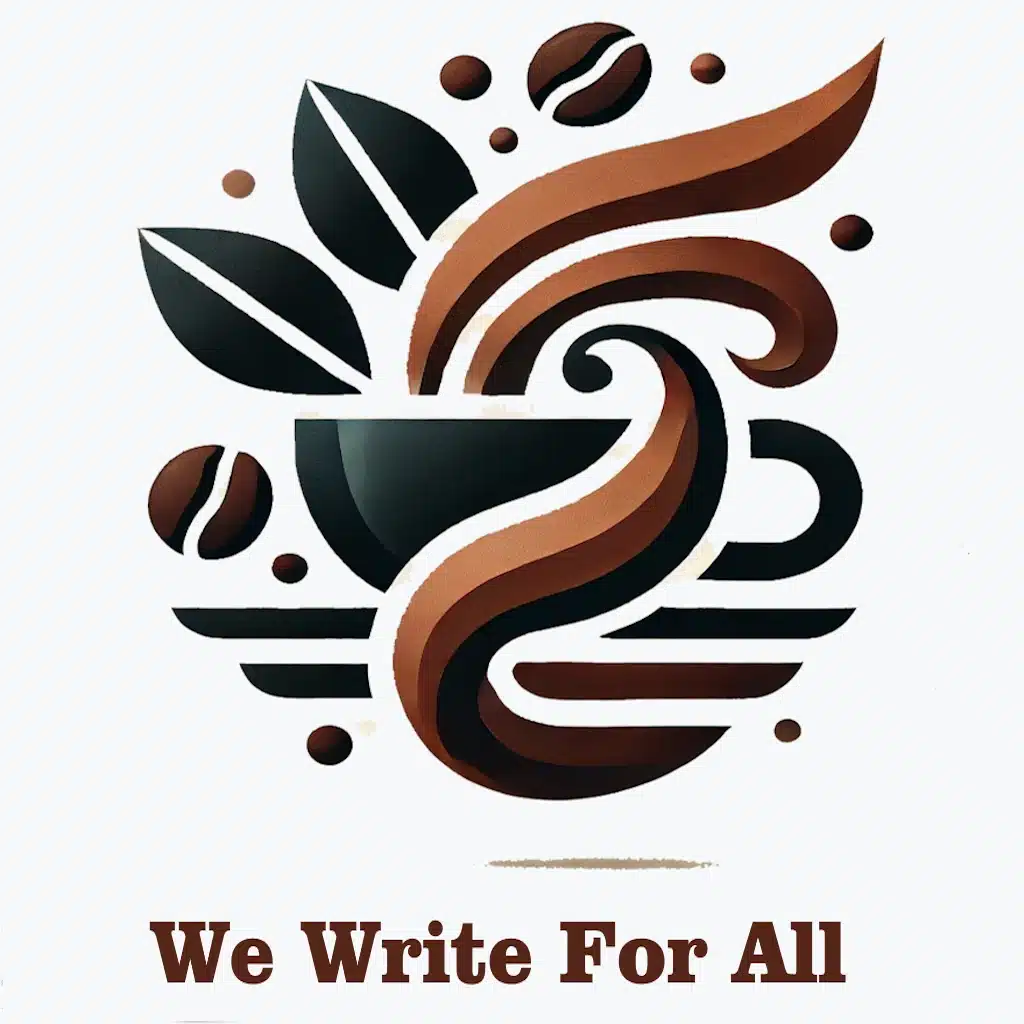Ethiopia is not just a coffee-growing country—it’s where coffee was first discovered. From the legendary tale of Kaldi and his dancing goats to the elaborate Ethiopian coffee ceremony, coffee is deeply woven into the country’s history, identity, and daily life.
Unlike most coffee cultures, where coffee is just a morning boost, in Ethiopia, it’s a sacred ritual, a social experience, and a sign of hospitality.
In this guide, we’ll explore:
✅ The origins of coffee in Ethiopia
✅ How coffee is traditionally prepared in an Ethiopian coffee ceremony
✅ The major Ethiopian coffee-growing regions and their unique flavors
✅ How to brew Ethiopian coffee at home
Let’s take a sip of history! 🇪🇹☕
The Legend of Kaldi: How Coffee Was Discovered
The origins of coffee trace back to the 9th century, with a young Ethiopian goat herder named Kaldi.
🐐 One day, Kaldi noticed his goats dancing energetically after eating red cherries from a mysterious tree.
👀 Curious, he tried the cherries himself and felt a surge of alertness and energy.
⛪ A local monk saw Kaldi’s discovery and used the cherries to make a drink that helped him stay awake during long prayers.
🌍 From there, word spread, and coffee became one of the most beloved drinks in the world.
💡 Fun Fact: Ethiopia is still home to thousands of wild coffee varieties—many yet to be classified!
The Ethiopian Coffee Ceremony: A Sacred Tradition
In Ethiopia, coffee is not just brewed—it’s honored in a long, ritualistic ceremony that brings family and friends together.
How an Ethiopian Coffee Ceremony Works
1️⃣ Roasting the Beans – Fresh green coffee beans are roasted over an open flame until they turn dark brown.
2️⃣ Grinding by Hand – The beans are ground using a mortar and pestle.
3️⃣ Brewing in a Jebena – Coffee is slowly brewed in a jebena (a clay coffee pot) over hot coals.
4️⃣ Pouring the Coffee – The host gracefully pours coffee into small handleless cups (cini), making sure to create a thin stream of foam.
5️⃣ Three Rounds of Coffee – Guests drink three servings:
- Abol (first cup) – Strongest and most flavorful
- Tona (second cup) – Milder, but still rich
- Baraka (third cup) – The lightest, considered a blessing
💡 The ceremony can last up to 2 hours! It’s about conversation, hospitality, and community—not just drinking coffee.
Ethiopian Coffee Regions and Their Unique Flavors
Ethiopia is famous for producing some of the most complex and aromatic coffees in the world.
☕ 1. Yirgacheffe – Floral & Tea-Like
Flavor: Bright acidity, jasmine, citrus, and bergamot
Best Brewing Method: Pour-over (V60, Chemex)
☕ 2. Sidamo – Balanced & Fruity
Flavor: Medium body, sweet, hints of berry and wine
Best Brewing Method: French Press
☕ 3. Harrar – Bold & Wild
Flavor: Full-bodied, earthy, notes of dark chocolate and blueberry
Best Brewing Method: Espresso
☕ 4. Guji – Sweet & Fruity
Flavor: Juicy, tropical, floral, and slightly spicy
Best Brewing Method: Aeropress
💡 Ethiopian coffee is typically processed in two ways:
- Washed (Wet-processed): Clean, bright flavors
- Natural (Dry-processed): Fruity, wine-like flavors
How to Brew Ethiopian Coffee at Home
To truly appreciate Ethiopian coffee, it’s best brewed using methods that highlight its delicate flavors.
✅ Best Brewing Methods for Ethiopian Coffee
1️⃣ Pour-Over (V60, Chemex) – Best for floral and citrusy Yirgacheffe
2️⃣ French Press – Enhances body for Sidamo or Guji coffee
3️⃣ Espresso Machine – Brings out the boldness of Harrar
💡 Grind Size: Medium-fine for pour-over, coarse for French press, fine for espresso.
Simple Ethiopian-Style Coffee Recipe
✔ Beans: 20g Ethiopian coffee (Yirgacheffe or Sidamo)
✔ Water: 320g at 195-205°F (90-96°C)
✔ Brew Time: 3-4 minutes (pour-over)
1️⃣ Rinse the filter with hot water.
2️⃣ Add ground coffee to the filter.
3️⃣ Slowly pour 40g of water to bloom the coffee (30 seconds).
4️⃣ Continue pouring in slow circular motions.
5️⃣ Enjoy the bright, floral notes in every sip!
Why Ethiopian Coffee is Special
🌱 Home of the world’s first coffee plants
🌍 Over 1,000 wild coffee varieties
🎭 Rich cultural traditions and coffee ceremonies
☕ Some of the most flavorful and aromatic coffees in the world
Ethiopian coffee is more than just a drink—it’s a heritage, an experience, and a way of life.
So next time you brew a cup of Ethiopian coffee, take a moment to appreciate where it all began! 🇪🇹☕







